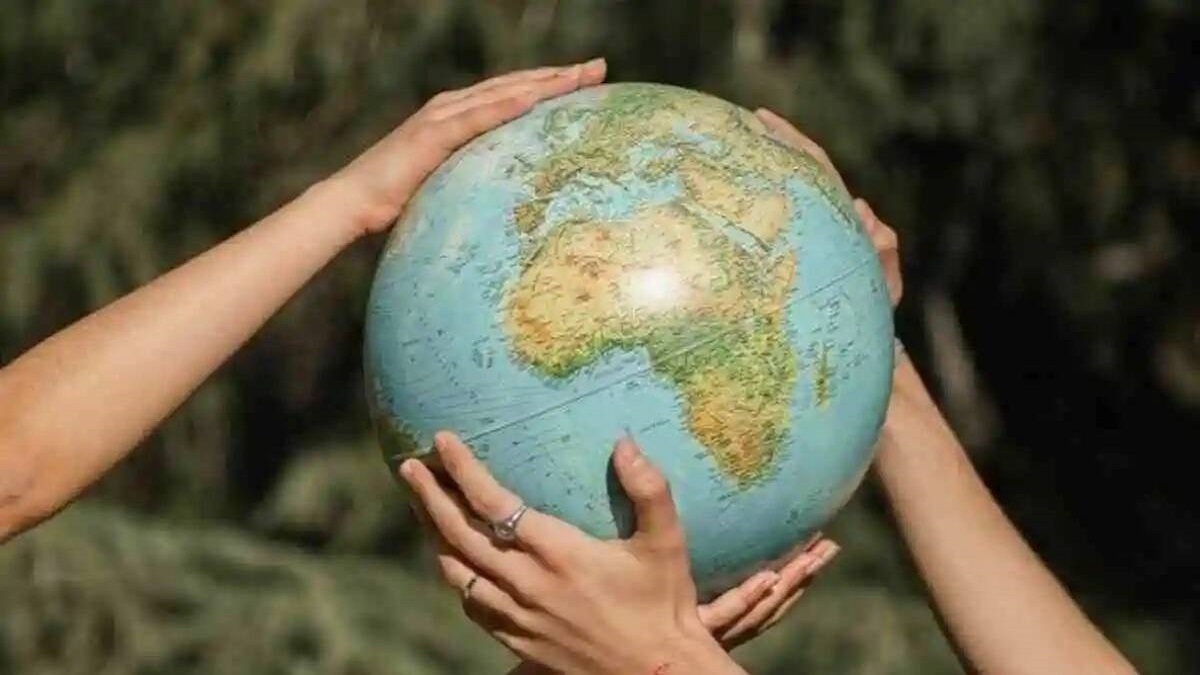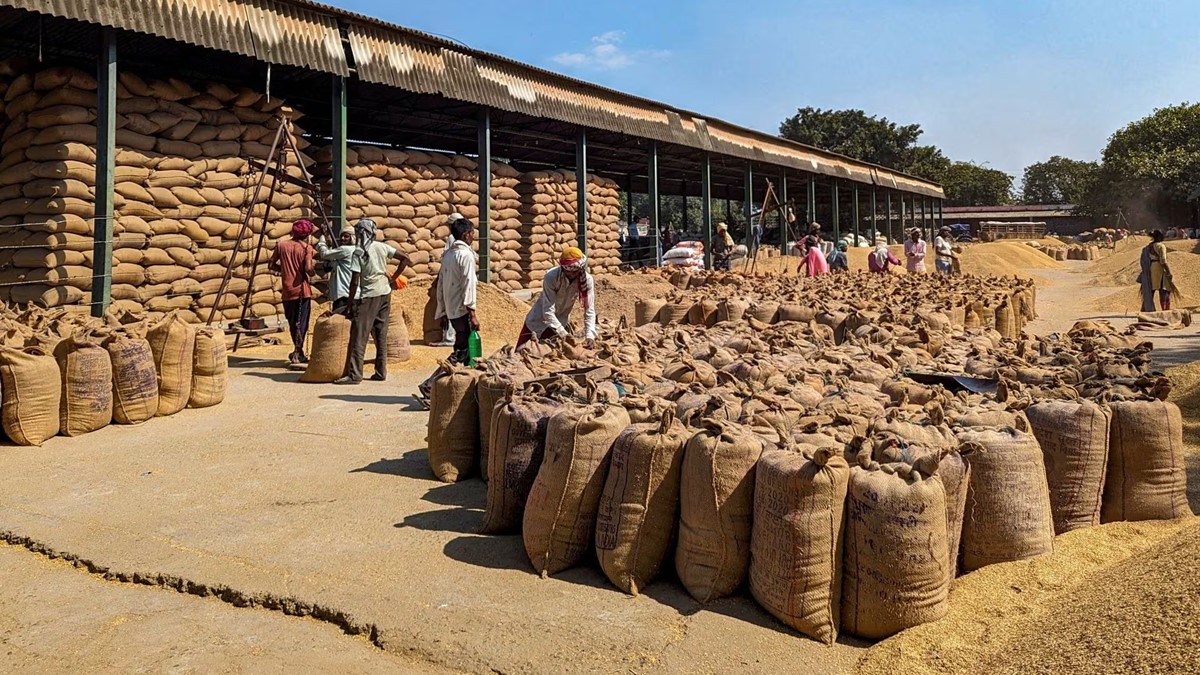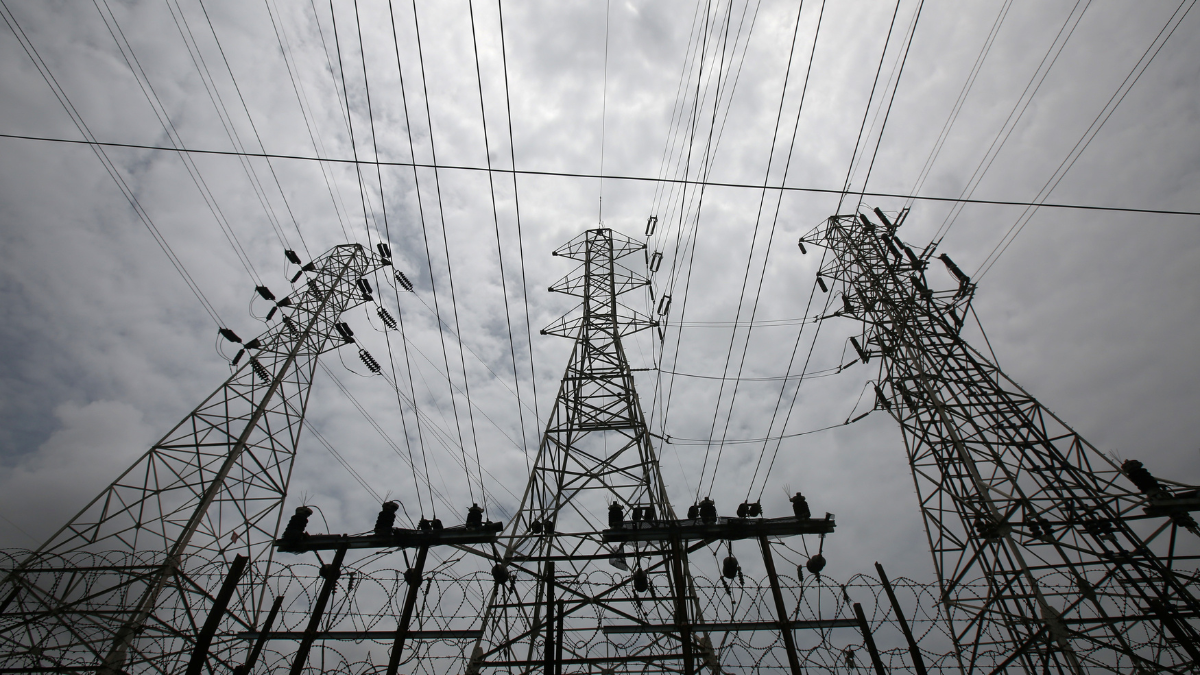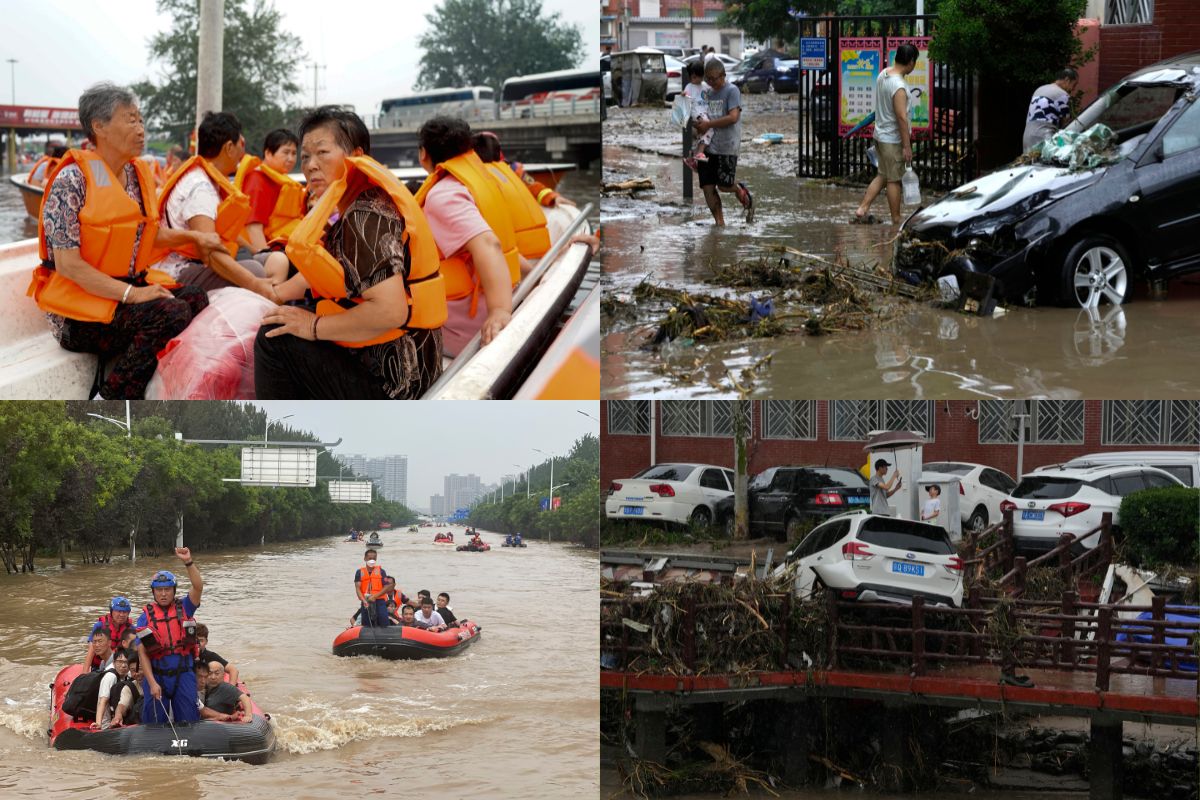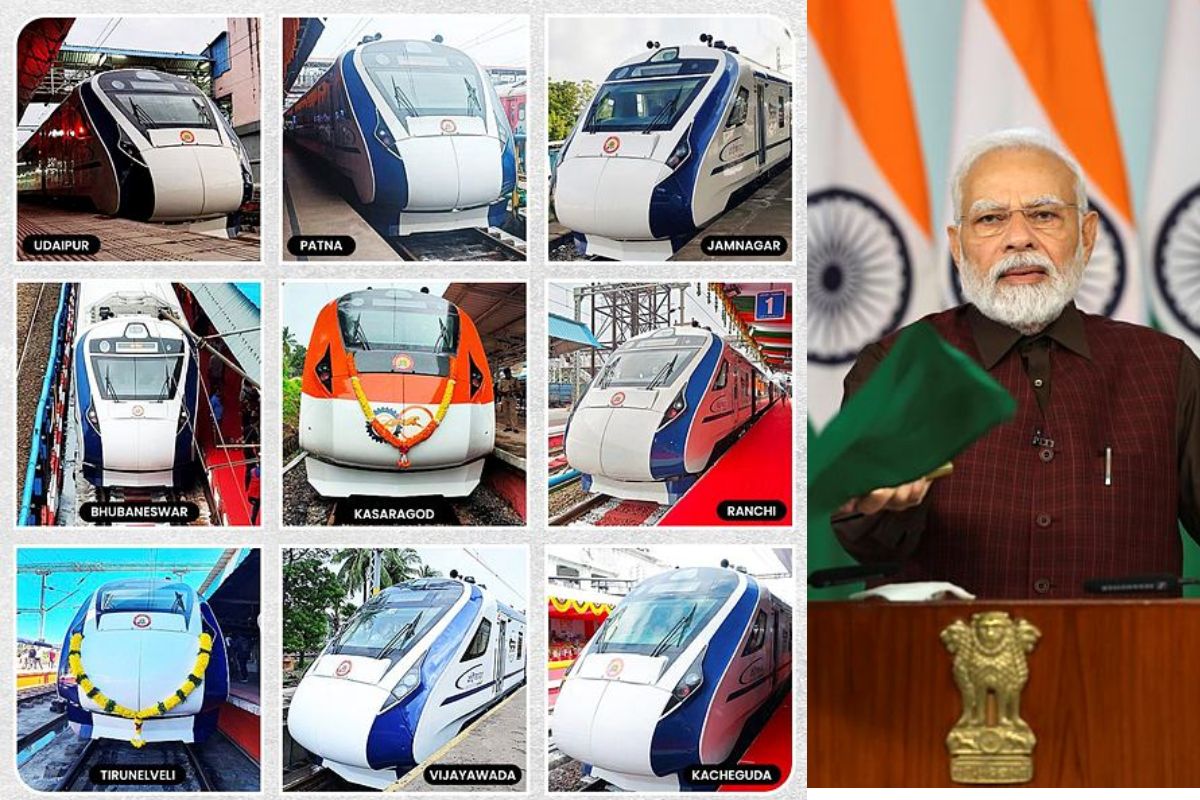By Rituraj Phukan
The persistent question I have been asked since my return from the recent 28th Conference of the Parties (COP28) under the United Nations Framework Convention on Climate Change (UNFCCC) has been about the effectiveness of the negotiation process. After all, it has been 28 years of endless discussions to find a solution to the anthropogenic heating of our planet. Some of the questions have been direct. Was the outcome scripted beforehand? Was it all a farce?
Nearly 200 Parties representing every country were guided by the principles of common but differentiated responsibilities, but there were some who were seemingly unaware of or unwilling to take responsibility for their historical role in the warming of the planet and refused to contribute crucial elements to the solutions package, including finances, as one might expect. This, among other factors, has been a hindrance of every gathering of minds to speed up decision-making and prioritize the safety of future generations of humans.
For the first time COP28 mentioned all fossil fuels as a primary cause of global heating and dangerous climate change. The final outcome called for “transitioning away from fossil fuels in energy systems, in a just, orderly and equitable manner, accelerating action in this critical decade, so as to achieve net zero by 2050 in keeping with the science.” It failed to call for a complete phase-out of fossil fuels as demanded by over a hundred countries and civil society organizations.
The other most important consideration about COP28 was that this was the first Global Stocktake since the Paris Agreement, a progress report of action, implementation gaps and improvement areas. There is also a new Framework for meeting the Global Goal on Adaptation with the metrics and resources for building resilience.
Over 130 countries have signed the COP28 UAE Declaration on Sustainable Agriculture, Resilient Food Systems, and Climate Action that commits nations to integrate food systems and agriculture into their Nationally Determined Contributions (NDCs) and National Adaptation Plans (NAPs), as well as biodiversity and nature-restoration strategies, while scaling up and enhancing public spending and incentives with climate and environment goals linked to food systems.
The declaration on food systems is complemented by the text included in the COP28 outcome document and the Global Goal on Adaptation and for the first time, there is legal language committing nations to integrate food systems into NAPs, public finances, and sustainable development strategies.
It is also noteworthy that Paragraph 9 of the Global Stocktake outcome “Reaffirms that sustainable and just solutions to the climate crisis must be founded on meaningful and effective social dialogue and participation of all stakeholders, which includes Indigenous Peoples, local communities, governments, women, and youth,” which recognizes the vital role played by them in shaping and sustaining effective climate policy.
With my hand on my heart, I can tell that all the Parties at COP28 have tried hard to reach agreements on the outstanding issues of climate finance, adaptation goals, technology, mitigation and other issues of global concern. The host country facilitated the processes to ensure everyone had a voice at the table, introducing innovative measures like the Majlis to find consensus.
However, we should also appreciate that countries are at different stages of development and the aspirations of their citizens can only be addressed in a rapidly warming world if the rich countries of the Global North are more forthcoming in their support. This great divide between the developed and developing countries is one of the main reasons we are not progressing on the road to bio-climatic safety as a species.
Considering India, the outcomes provide a balance between the government’s short-term development goals, enabling continued use of coal, and the long-term goal towards net-zero emissions. India was not a signatory in the pledge to triple renewable energy capacity, which was signed by over a hundred countries, reflecting the inadequacy of current climate finance for developing countries to rapidly transition to low-carbon economies.
India has consistently ranked high in the Climate Change Performance Index, for instance it is 7th this year, one better than 2022 – with high ranking in the categories of Greenhouse Gas (GHG) and Energy consumption due its relatively low per capita emissions. Released while the COP28 negotiations were underway, India received a medium ranking in the other categories of Climate Policy and Renewable Energy, marking the areas of future priorities.
The pathway to a fossil fuel free future has been paved by the “UAE Consensus.” By the year 2025, all nations should submit upgraded national climate action strategies, starting with NDCs for the 2025 to 2035 period. Whether delivered before, during or after the COP29 in Baku, all nations should design and initiate implementation of economy-wide NAPs supported by non-market cooperative agreements. The most significant outcome for the future of humanity emanates from recognizing and investing in the value of ecosystem integrity, climate stability and human health. The focus for all future COPs will be now on the mechanisms for transitioning away from fossil fuels as a legal, moral, and investable operational imperative.
Disclaimer: The author is a climate activist and founder, Indigenous People’s Climate Justice Forum. Views expressed are personal and not necessarily that of financialexpress.com
